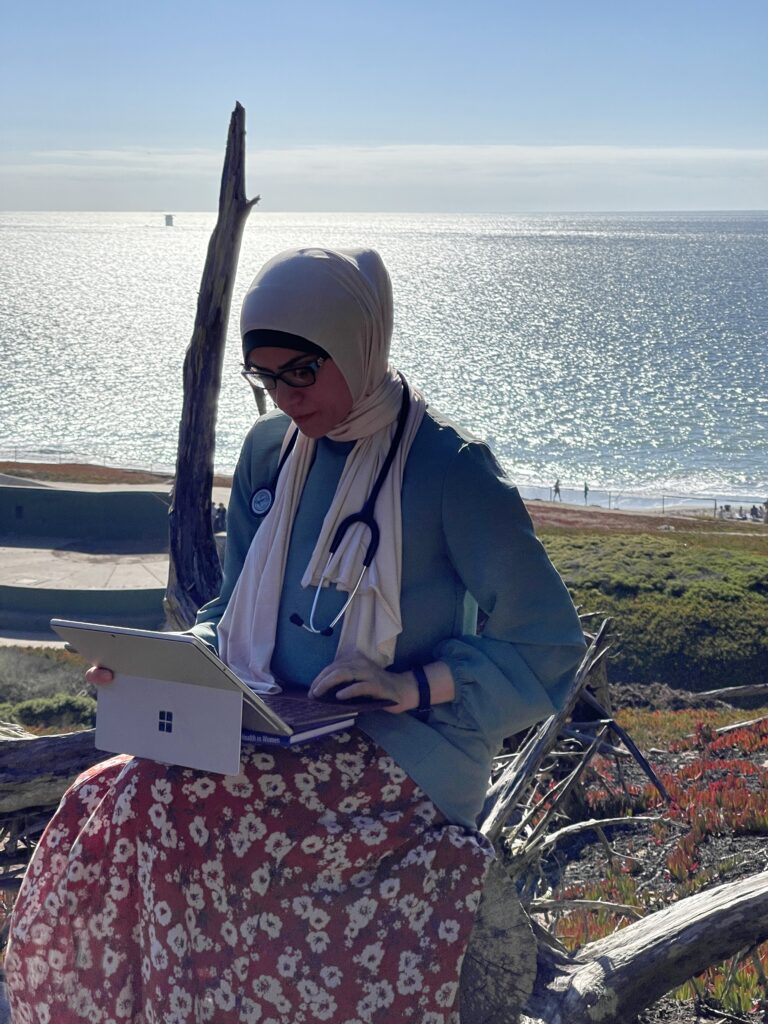September, 2024
Sondos Al Sad
“Research is to see what everybody else has seen, and to think what nobody else has thought”
Albert Imre Szent-Györgyi
It’s not uncommon for me to hear—whether from collaborators, students, peers, or even my own research—”I can’t find much literature about minorities.” This recurring challenge may feel overwhelming, but every time I dig deeper, seek mentorship, or consult subject experts, I realize just how much is out there.
It’s humbling to see the depth of research available when approached with curiosity and persistence.
****
The Barriers to Minority Research in the Global North
From my experience, several obstacles tend to surface when trying to find or conduct research on minorities, particularly in the global north. Here are some I’ve faced firsthand:
- Inadequate Research Experience: Many researchers, particularly those from underrepresented communities, often struggle due to limited access to research training and mentorship opportunities.
- Skewed Search Algorithms: Search engines prioritize certain journals based on location, reinforcing regional biases. For example, searching from the UK may prioritize European journals, while a U.S. IP address surfaces mostly American content. This limits academic exchange and inadvertently hinders cross-cultural understanding, leaving global perspectives underrepresented.
- Limited Access to Journals: While open-access journals are gaining popularity, they’re far from the norm. Paywalls are still common, creating financial barriers for researchers. For authors, open access often comes at a cost, requiring fees to make their work freely available to others.
- Research Trends Dominate Funding: Research has its trends, and securing funding can feel impossible without the right grant-writing skills or a well-connected sponsor. For minority researchers, this often means working in the shadow of dominating faculty, which stifles creativity and limits the range of research topics explored.
- Community Hesitancy and Compensation Issues: Marginalized communities often approach research participation with justified skepticism. Without fair compensation, many are reluctant to participate in studies that might not benefit them directly.

Steps I Take to Overcome Challenges
While I can’t singlehandedly fix these systemic issues, here are a few strategies that help me continue my work:
- Ask a Librarian (Often!): I reach out for support more often than ever —they are invaluable when accessing hard-to-find research.
- Research Boldly, Not Just by Trends: I pursue research in areas that matter to me, even when they’re not trendy. As a researcher, being bold means focusing on meaningful work, not what’s fashionable in the field.
- Collaborate with Integrity: I only work with researchers who respect my efforts, fairly credit my contributions, and prioritize the well-being of the communities they study over their own academic accolades. Character matters far more than titles!
- Seek Humble and Consistent Mentors: Whether I know them personally or not, I actively seek mentorship from experts who show humility and consistency. You’d be surprised how willing people are to help if you just ask!
- Serve as a Journal Reviewer: I review submissions for journals that align with my interests or have diverse editorial boards. This role not only allows me to contribute to the academic community but also keeps me engaged with emerging research and evolving perspectives.
- Build Collaborative Bridges: I collect and bookmark research resources, and I remember those who leave a positive impression. Collaborative work builds bridges and has the potential to make a lasting impact—far more than working solo in silos.
Be inquisitive!
Please check my resources’ post. l will frequently update it as I discover new resources.
The path may not always be easy, but with persistence, collaboration, and curiosity, we can expand our understanding and create more inclusive research practices.
